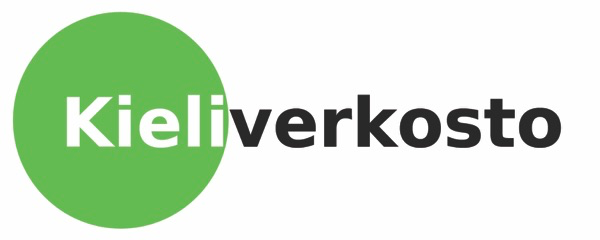Language Education for Social Justice conference in June 2021 – new call for presentations
Language Education for Social Justice – New call for presentations
The Language Education for Social Justice Conference will take place completely online on June 1-3, 2021. Because we had to postpone our event due to the pandemic, we are opening one extra call for those who would like to join the conference as presenters but were unable to respond to the previous calls.
Submissions now open: https://congress.cc.jyu.fi/socialjustice2020/cgi-bin/contact.cgi
Deadline: March 1, 2021
What does social justice have to do with language education? Why do we need to talk about social justice as language teachers, teacher educators, and researchers?
Nordic countries are often associated with social welfare and strive for egalitarianism. However, linguistic injustice prevail also there, and not all languages and linguistic practices are equal and associated with the same opportunities and privileges in and beyond educational contexts. In addition, linguistic injustices are never just about language. Factors such as race, ethnicity, gender, social class, ability, and sexual orientation are intrinsically linked to language and shape local, national, and international language attitudes, ideologies, and policies. What can researchers and educators do in order to take steps towards a more just field of language education? If the goal of education is to diminish social inequalities and support students in becoming socially conscious, critical, and engaged members of society, what kind of resources, skills, and teacher support is needed to achieve this?
Social justice is not something that can be brought about by an individual, it needs a community, a movement, institutions, and gatherings like this conference. This year, we particularly invite teachers, teacher educators, and researchers interested in language and education to join us in thinking about how to improve language education for all. We hope that as part of this conference, we will discuss questions including but not limited to:
- How can language education be a space where students and teachers learn together to see and challenge existing patterns of privilege and injustice?
- What is needed to support teachers in promoting linguistic and cultural equity and equip them to support each other in developing/implementing respective pedagogies?
- How can research look at and beyond language in education with the goal of being a catalyst for critical thinking, democracy, equity, and peace?
- How can language education and research support, respect, and better understand each other with the goal of making language education more equal and accessible for all learners?
- How can both education and research turn a critical eye on themselves to recognize their complicity in perpetuating injustices and learn to do better?
Keynote speakers
Aminkeng A. Alemanji, University of Helsinki
https://www.helsinki.fi/en/people/people-finder/alemanji-aminkeng-atabong-9132300
Venla Bernelius, University of Helsinki
https://www.helsinki.fi/en/helsinki-institute-of-urban-and-regional-studies/venla-bernelius
Mel Engman, Queen’s University Belfast
http://pure.qup.ac.uk/en/persons/mel-engman
Lou Harvey, University of Leeds
https://essl.leeds.ac.uk/education/staff/137/dr-lou-harvey
Birgül Yilmaz, University College London
https://iris.ucl.ac.uk/iris/browse/profile?upi=BYILM17
Invited workshops
In addition to keynotes, we are organising workshops with invited researchers and practitioners. Two of them will be offered by Jenni Alisaari (University of Turku), Jessica Bradley (University of Sheffield) and Tamás Peter Szabó & Petteri Laihonen (University of Jyväskylä).
Submissions
We warmly invite teachers, researchers, teacher educators, students, and everyone interested in language education for social justice to submit their proposals. We particularly encourage teachers to submit their contributions of classroom-, school-based, academic and otherwise teaching/learning-related work. Topics can address the conference topic in a multiplicity of ways, for instance as introduction of an urgent issue/question, as project idea or report, as story about school life and experiences, personal review of teaching and learning materials, or observations and opinions about recent developments in schools and education.
We hope for submissions in a variety of formats, and welcome multimodal and/or multilingual submissions:
- Workshops and colloquia (2h) for practitioners and/or researchers
- Multimodal formats such as performances and visual representations (e.g., vimeos ...) (30 min)
- Short speeches and rants (e.g. speaker’s corner, TED-like talks …) (5 min)
- Papers (30 min)
Please submit a 300-word description of your planned contribution, including the following information:
- What is your topic and how does it relate to the conference theme?
- What is the aim of your contribution?
- Who do you hope to be your audience (e.g., teachers, researchers …)?
Conference fees
Registration opens in February.
Early bird, regular: 60€ (by 15.4.)
Early bird, student: 40€ (by 15.4.)
Regular: 80€ (by 15.5.)
Regular, student: 50€ by (15.5.)
Deadline for presenters (by 15.4.)
Teachers’ day: 10€ (only valid for teachers on one conference day), by 15.5.
Submission link: https://congress.cc.jyu.fi/socialjustice2020/cgi-bin/contact.cgi
Conference website: http://www.jyu.fi/socialjustice2020
Inquiries: socialjustice@jyu.fi
